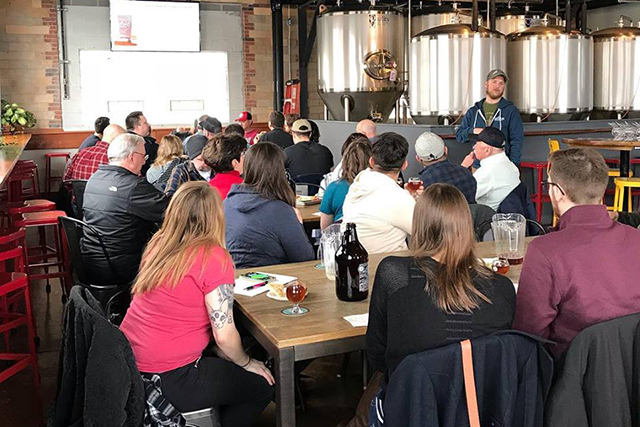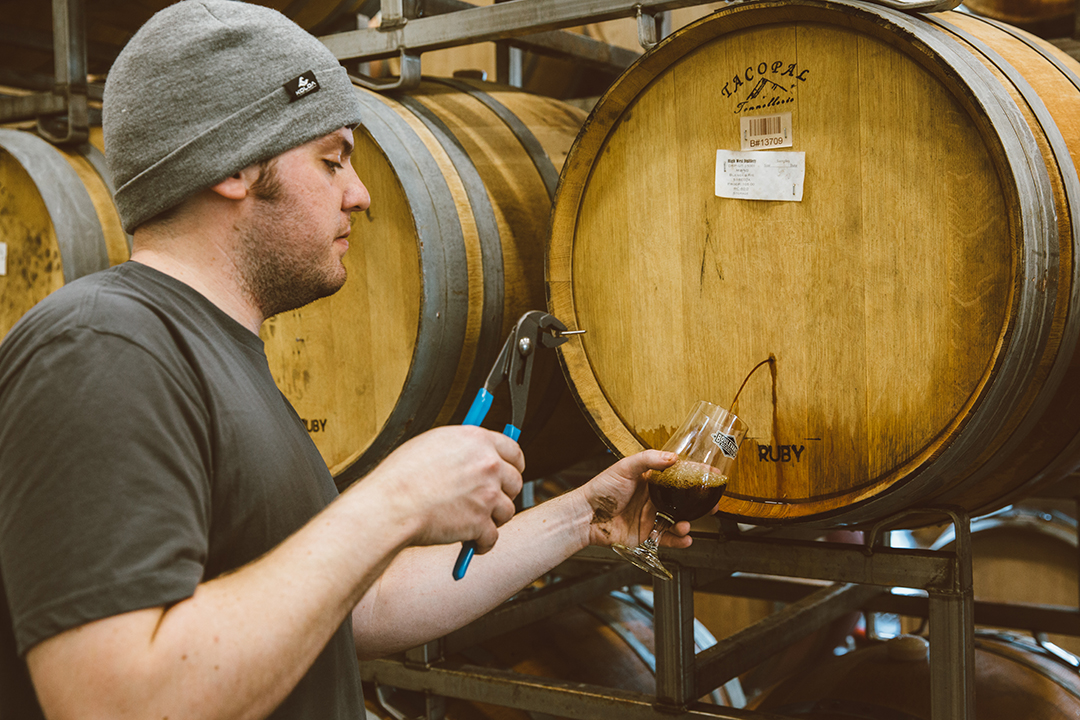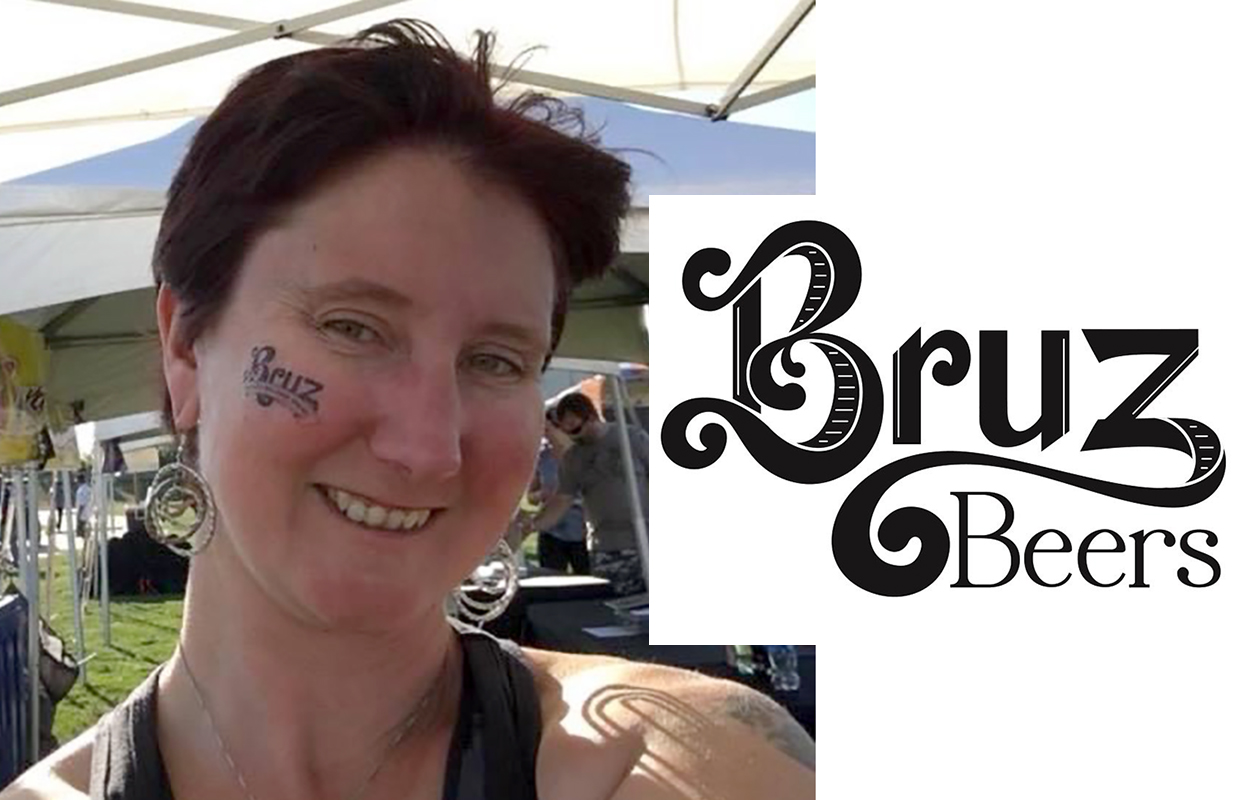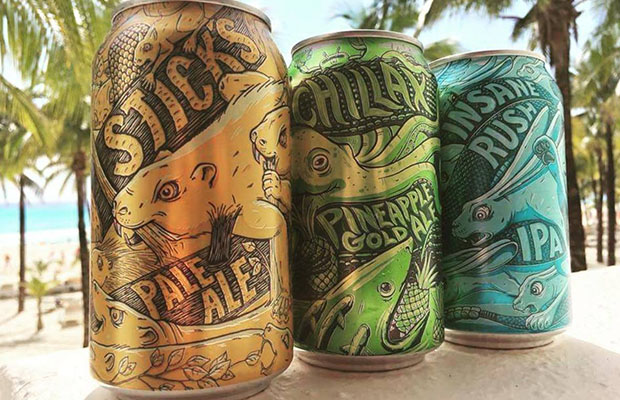
In January, we shared the story of HiHO Brewing and how founders Ali and Jon Hovan set up their crowdfunding site to help establish capital for their brewery.
They also shared how they established a “Founders Club” which was higher-money investments: from $1,000 to $10,000. The smaller chunks of the money were for more than just friends and family while the larger equity stakes were sold to a closer knit group of people.
“Set a goal on how much to raise and then divide the goal into smaller sizes, equity and loans,” Ali Hovan said. “We decided we would give up equity, but offer that to a select group of friends and family with the goal to buy those shares back.
“Loans do not have equity, so we were not as specific to the group that could invest.”
In all, the Hovans set a goal of $100,000 through loans and, raised $110,000.
Ali Hovan pointed out that going out and having the confidence to ask friends, family and others can be a challenge.
“When you ask people for money, they will come right back and ask you how much you are putting into this business,” she pointed out. “They want to look at your plan and know how are they going to get their money back. They will ask personal questions and you need to be able to tell them what they need to know.”
Some points her and her husband laid out included having a copy of your business plan on hand.
“[You have to] make sure the people you are talking with knows what they are getting out of it,” Jon Hovan said.
A key is to find a lawyer that will be able to draw up the correct operating agreement.
“They will say there is no way that there are going to be people who are willing to give you this much money on 2-3 percent interest,” Ali Hovan said. “They don’t need to believe in you, they just have to know what they are doing. You can believe in yourself.”
The duo put together a package to have ready for when they talked to potential investors which included promissory notes; a financial disclaimer; a loan chart with interest and loan payouts; and a cover letter that included a short snapshot into the business plan, including brewhouse operations, styles planned and other details to help answer any questions.
The Hovans would ask in person or over email and would make sure to follow up.
“You really need to stay positive and push forward,” Jon Hovan said. “After the second or third email if we didn’t hear from them, we would step back.
“You are really putting yourself out there.”
Ali Hovan pointed out to make sure that you can connect with the potential investor on a personal level and be able to show not only the investment you are putting into your brewery, but also your sweat equity.





Be the first to comment